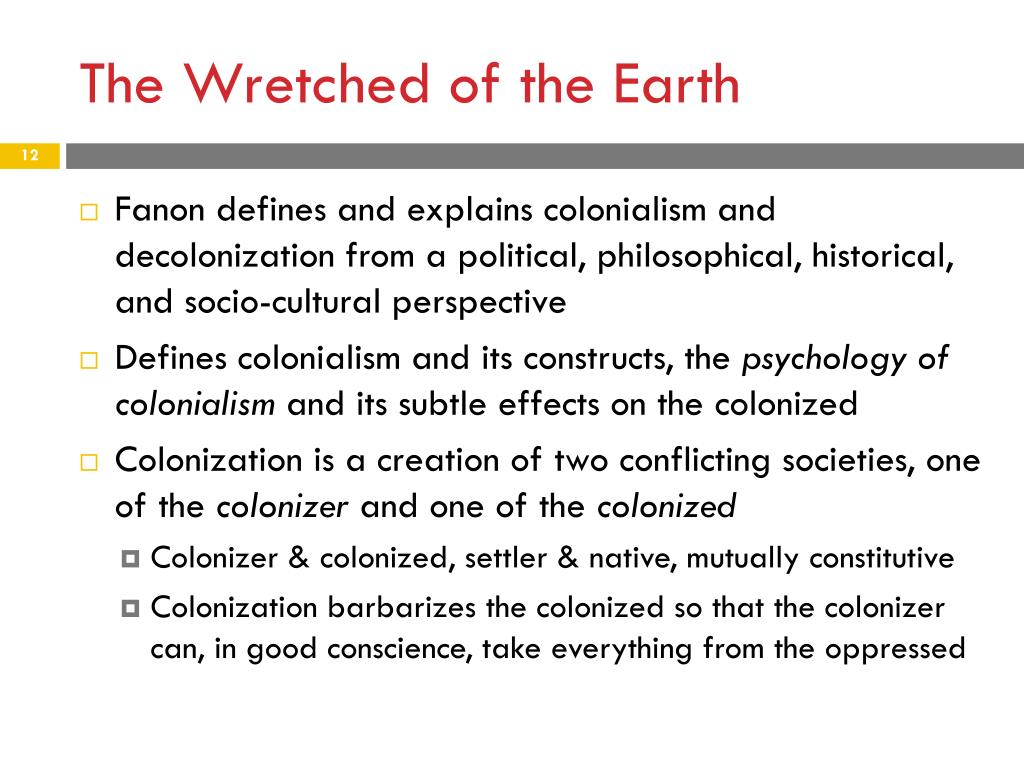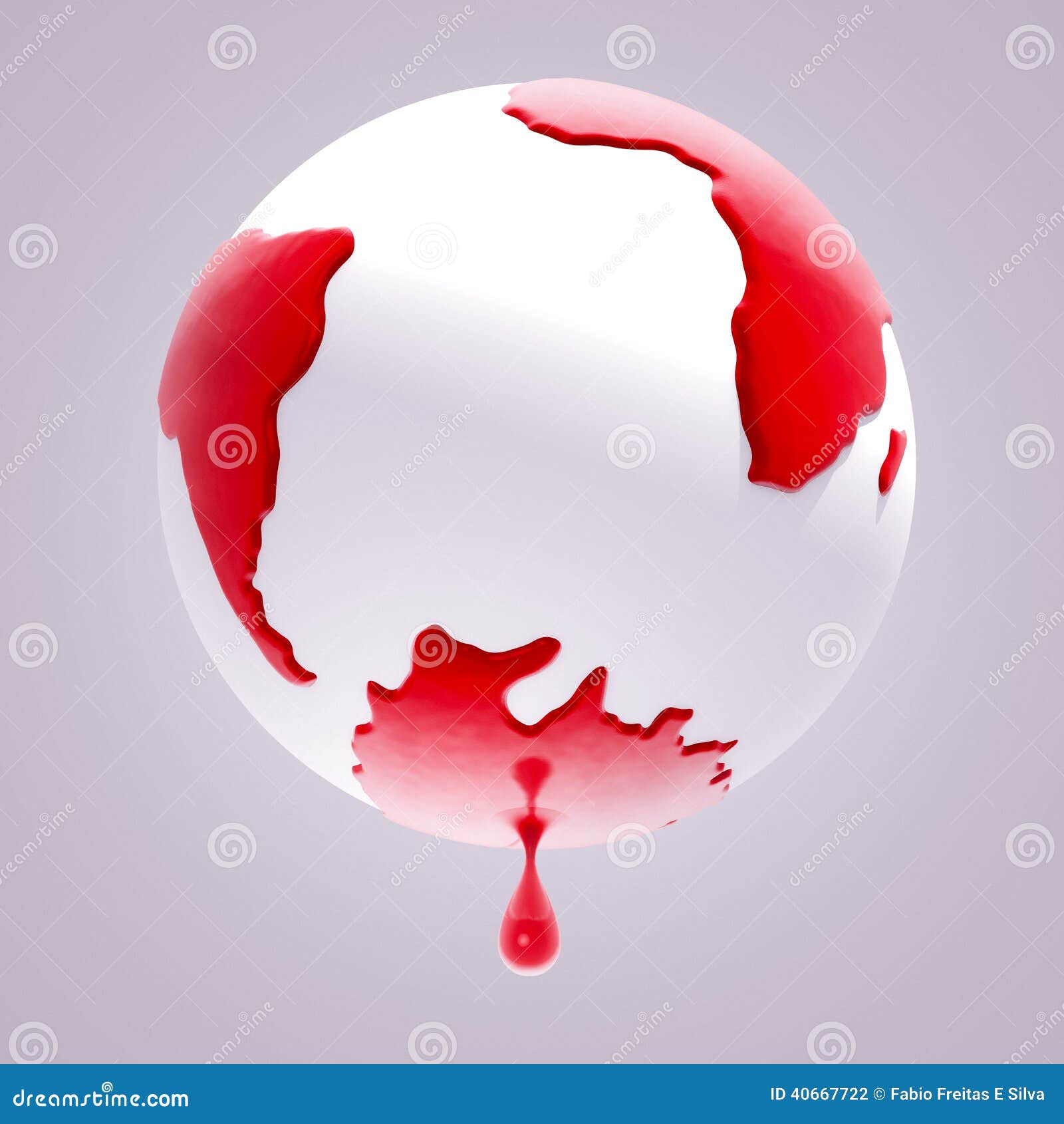
Rather, Fanon focuses on the nature of the colonial regime (which he views as inherently and systemically violent), and as such the necessity for violent struggle rather than political accommodation as necessary pre-requisites to independence.įanon’s justification of violence is rationalized by his analysis of European colonial rule, which he characterizes as inherently violent. įanon does not discuss tactics and as such The Wretched of the Earth cannot be viewed as offering practical guidance to guerrilla movements to the same extent that Mao’s military writings did, which were based on his own experience of guerrilla warfare against first the Japanese and then the Kuomintang. In this sense, Fanon’s view of violence is primarily existential. decolonization), his analysis of violence in de-colonial struggles is primarily centred on exploring the nature of violence itself. While Fanon certainly justified the use of violence in instrumentalist terms, which is to say that violence is a means to a political end (i.e. However, this summary should be taken with caution, for in my view Frazer and Hutchings overemphasis the instrumentalist aspect of Fanon’s philosophy.


Second, it is an organic force or energy that follows its own logic” “First, it is a means necessary to political action – that is, his justification is instrumental. Though by no means exhaustive, it is useful I think to consider Frazer and Hutchings summary of Fanon’s philosophy of violence

No aspect of The Wretched of the Earth has been as debated as Fanon’s justification of violence. However, where Fanon’s analysis is primarily existential, in that he seeks to explore the nature of violence itself, Mao’s view of violence is primarily instrumental, in that it seeks to provide a practical guide for the use of violence in guerrilla operations. There are remarkable similarities between both authors, in terms of their analysis of the inherent violence in colonial rule, as well an in their perspective of violence as a cleansing or legitimizing force in revolutionary struggles.īoth rely on Hegelian philosophy, in particular is dialectic reasoning, as well as Marxist interpretations of class struggle to underpin their philosophies, although they depart from classical Marxists in advocating for armed resistance amongst the peasantry rather than the urban proletariat. In this respect, it is useful to compare Fanon’s writings, and in particular his theories on violence in de-colonial and revolutionary struggles, with those of Mao Zedong, who I argue provided an equally attractive, and at the time more influential, justification of violence.


 0 kommentar(er)
0 kommentar(er)
